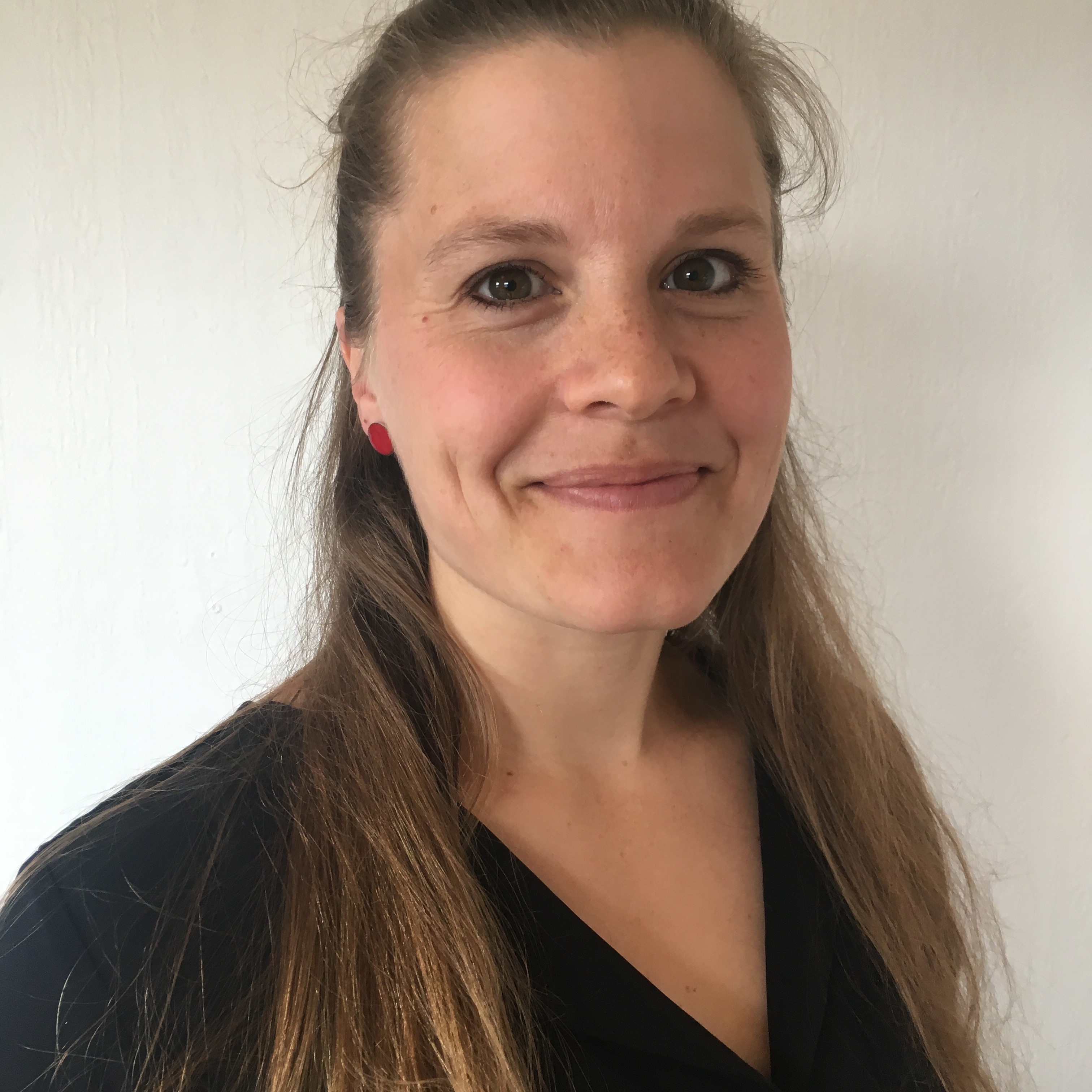Whose Knowledge? Epistemic Injustice and Challenges in Hearing Children`s' Voices
DOI:
https://doi.org/10.15845/voices.v19i3.2834Keywords:
epistemic injustice, children, mental health care, music therapyAbstract
In this essay, I will discuss the importance of having an awareness about epistemic justice, epistemic ignorance and epistemic injustice, and why this awareness is important in connection to children and patients in mental health care. I also suggest ways to avoid epistemic injustice when working with, and doing research with, children in mental health care. In doing so, I tie this to feminist epistemology where conceptions such as knowledge, knowers and objectivity are questioned, and dominant conceptions and practices of knowledge production are perceived as a systematic disadvantage of women and other subordinated groups (Anderson, 2017). I am as well linking this to queer epistemology which differs from feminist standpoint epistemology in the idea of the identity being “a point of departure for shared consciousness” (Hall, 2017, p. 163).
References
Anderson, E. (2017). Feminist Epistemology and Philosophy of Science. The Stanford Encyclopedia of Philosophy, Retrieved from https://plato.stanford.edu/archives/spr2017/entries/feminism-epistemology/.
Bain, C. L., Grzanka, P. R., & Crowe, B. J. (2016). Toward a Queer Music Therapy: The Implications of Queer Theory for Radically Inclusive Music Therapy. The Arts in Psychotherapy, 50, 22-33.
Beresford, P., Nettle, M., & Perring, R. (2010). Towards a Social Model of Madness and Distress? Exploring What Service Users Say. York, GBR: Joseph Rowntree Foundation.
Bonenfant, Y. (2010). Queer Listening to Queer Vocal Timbres. Performance Research, 15(3), 74-80.
Brownmiller, S. (1990). In Our Time: Memoir of A Revolution. New York: Dial Press.
Butler, J. (2006). Gender Trouble. Feminism and the Subversion of Identity [ProQuest Ebook Central]. Routledge. https://ebookcentral.proquest.com/lib/bergen-ebooks/detail.action?docID=710077.
Carela, H., & Györffyb, G. (2014). Seen but Not Heard: Children and Epistemic Injustice. The Lancet, 384(9950), 1256-1257.
Einarsdóttir, J. (2007). Research with Children: Methodological and Ethical Challenges. European Early Childhood Education Research Journal, 15(2), 197-211.
Fricker, M. (2003). Epistemic Injustice and a Role for Virtue in The Politics of Knowing. Metaphilosophy, 34(1/2), 154-173.
Fricker, M. (2007). Epistemic Injustice: Power and the Ethics of Knowing. Oxford, GBR: Oxford University Press.
Gilbert, M. A. (2009). Defeating Bigenderism: Changing Gender Assumptions in the Twenty-first Century. Hypatia, 24(3), 93-112.
Grover, S. (2004). Why won´t they Listen to Us? On Giving Power and Voice to Children Participating in Social Research. Childhood, 11(1), 81-93.
Hadley, S., & Gumble, M. (2019). Beyond the Binaries. Negotiating Gender and Sex in Music Therapy. In S. Hogan (Ed.), Gender and Difference in the Arts Therapies: Inscribed on the Body (pp. 218-228). New York, NY: Routledge.
Hall, K. Q. (2017). Queer Epistemology and Epistemic Injustice. In I. J. Kidd, J. Medina, & J. G. Pohlhaus (Eds.), The Routledge handbook of epistemic injustice (pp. 158-166). New York, NY: Routledge.
Haraway, D. (1988). Situated Knowledges: The Science Question in Feminism and the Privilege of Partial. Feminist Studies, 14(3), 575-599.
Johnstone, M. J. (2001). Stigma, Social Justice and the Rights of the Mentally Ill: Challenging the Status Quo. Australian and New Zealand Journal of Mental Health Nursing, 10, 200-209.
Jones, O. (2001). 'Before the Dark of Reason': Some Ethical and Epistemological Considerations on the Otherness of Children. Ethics, Place & Environment, 4(2), 173-178.
Lakeman, R. (2010). Epistemic Injustice and the Mental Health Service User. International Journal of Mental Health Nursing, 19, 151-153.
Mason, R. (2011). Two Kinds of Unknowing. Hypatia, 26(2), 294-307.
Mills, C. (1997). The Racial Contract. Ithaca, NY: Cornell University Press.
Minghella, A. (2000). The Talented Mr. Ripley [Screenplay]. UK: Paramount Pictures.
Murris, K. (2013). The Epistemic Challenge of Hearing Child`s voice. Studies in Philosophy and Education, 32, 245-259.
Pohlhaus, G. (2012). Relational Knowing and Epistemic Injustice: Toward a theory of willful hermeneutical ignorance. Hypatia: Journal of Feminist Philosophy, 27(4), 715-735.
Powell, M. A., & Smith, A. B. (2009). Children´s Participation Rights in Research. Childhood, 16(1), 124-142.
Rolvsjord, R. (2014). The Competent Client and the Complexity of Dis-ability. Voices: A World Forum for Music Therapy, 14(3), https://doi.org/10.15845/voices.v14i3.787.
Shklar, J. (1990). The Faces of Injustice. London, GBR: Yale University Press.
Sinclair, R. (2004). Participation in Practice: Making it Meaningful, Effective and Sustainable. Children & Society, 18, 106-118.
Trevarthen, C. (1993). The Self Born in Intersubjectivity: The Psychology of an Infant Communicating. In U. Neisser (Ed.), The Perceived Self: Ecological and Interpersonal Sources of Self-knowledge (pp. 121-173). Cambridge, GBR: Cambridge University Press.
Trevarthen, C., & Malloch , S. (2000). The Dance of Wellbeing: Defining the Musical Therapeutic Effect. Nordic Journal of Music Therapy, 9(2), 3-17.
UN Committee on the Rights of the Child (CRC). (2005). CRC General Comment No. 7 Implementing Child Rights in Early Childhood, 20 September 2006. Retrieved from https://www.refworld.org/docid/460bc5a62.html.
Wardrope, A. (2015). Medicalization and Epistemic Injustice. Medicine, Health Care and Philosophy, 18, 341-352.
White, E. (1983). A Boy`s Own Story. London: Picador.

Published
How to Cite
Issue
Section
License
Copyright (c) 2019 Guro Parr Klyve

This work is licensed under a Creative Commons Attribution 4.0 International License.
Articles published prior to 2019 are subject to the following license, see: https://voices.no/index.php/voices/copyright

